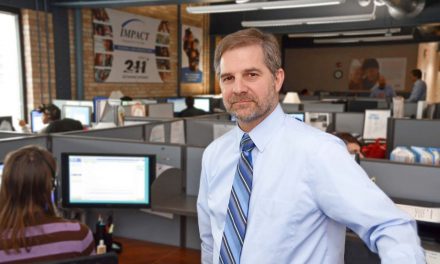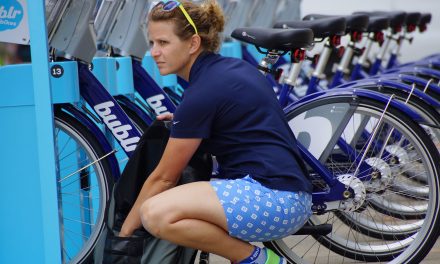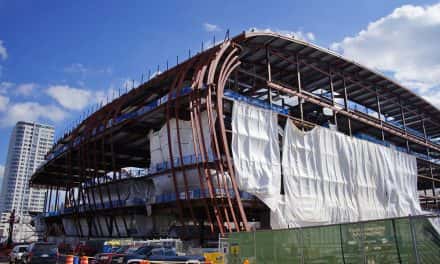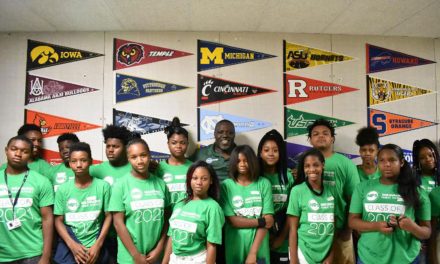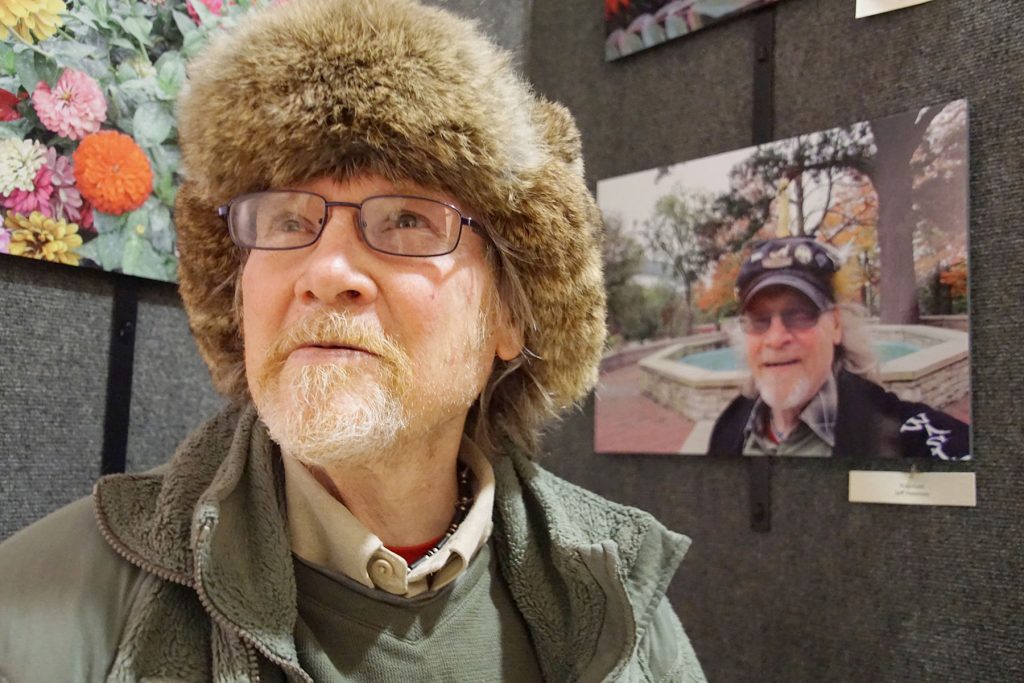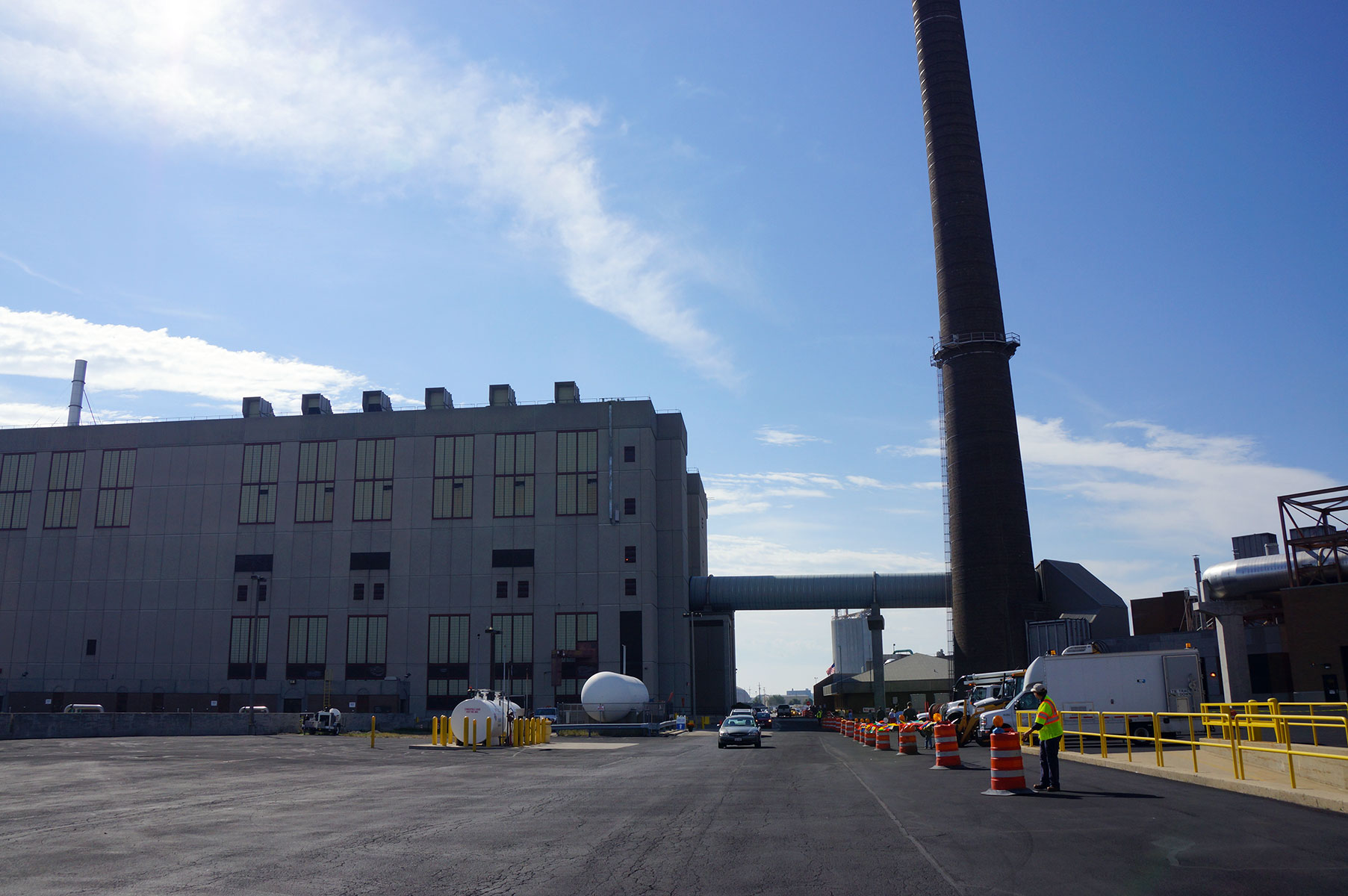
This article is part of a series of interviews with companies supporting the Rock the Green sustainability festival.
Welcome to the third of our interviews with companies and organizations that are supporting the upcoming Rock the Green sustainability festival in Milwaukee on September 17. We’re asking companies to talk about their own sustainability stories, as well as to explain why they’re supporting the event — one of the most sustainable festivals around.
The treatment of wastewater is an often unsung task but one which has a huge relevance to sustainability. The Milwaukee Metropolitan Sewerage District has for decades been a leader in water reclamation and flood management services for about 1.1 million people in 28 communities in the Greater Milwaukee Area. The district also incorporates some unique practices including methane gas recovery and the production of organic fertilizer from sewerage. We had a chance to talk to Jeff Spence, MMSD’s Agency Services Director to learn more.
Q&A with Jeff Spence, MMSD
Q: What’s your company’s definition of sustainability, and why is it important to you?
A: Sustainability is not an endpoint but a pathway forward. It’s about ensuring we do our part in ways that protect the region’s environmental health, supported by socially responsible policies, and carried out thru fiscally responsible activities. By doing this, future generations in Southeastern Wisconsin have the same opportunities that current generations have.
Q: What are the most important sustainability issues your company deals with?
A: Maintaining and operating our infrastructure to achieve our mission. MMSD utilizes both Grey (sewer pipes and water reclamation facilities) and Green (strategies to manage stormwater where it falls, i.e. green roofs, rain barrels, bioswales, rain gardens, soil amendments etc.) systems that require sustainable strategies in their creation, operations and maintenance. In the case of our treatment facilities energy use is a major driver, so strategies that reduce our energy consumption and the utilization of renewable energy are high on our priority list. We have an aggressive goal to create enough green infrastructure to capture 740 million gallons of water every time it rains, and we’re at the early stages of work that needs the involvement of all if we are to be successful.
Q: Sustainable thinking is no longer just a “nice to have”, it’s increasingly seen as a competitive advantage. Tell us how sustainable thinking is helping move your company forward?
A: Sustainability is about meeting the needs of the present without compromising the ability of future generations to meet their own needs(Report of the World Commission on Environment and Development, 1987). The economy, society and environment (or profits, people and planet) are equally important in a sustainability framework. MMSD embraces sustainability as an overall core value and operational philosophy through its Commission policies. The establishment of our 2035 vision drives our work with goals such as a net 100% of our energy needs be obtained thru renewable energy sources and the reduction of our carbon footprint by 90% from our 2005 baseline.
Q: Rock the Green, the concert, is all about going for zero waste. How has your company reduced waste across your operations? Has it paid off for you financially?
A: From longstanding strategies like the Milorganite Fertilizer program, and the production of methane gas at our South Shore facility to newer strategies such as the use of land fill gas to run our Jones Island facility, use of solar cells for lighting and updating our fleet with alternative fuel vehicles, all have netted positive results for MMSD rate payers.
Q: Surveys show that employees are happier and more productive when they’re engaged with a company’s sustainability strategies. How do you engage your staff to implement your sustainability plans?
A: We have a variety of activities from recycling and composting stations, to engaging employees in group sustainability games that create greater awareness and encourage sustainable strategies at work and home. We provide information sharing thru Brown Bag forums that seek to keep employees aware of activities that move us closer to our sustainability goals.
Q: In a nutshell, how will you be “rocking the green” in the coming 5 years?
A: We will have moved the needle closer to achieving our 2035 vision of energy efficiency and sustainable operations.
Originally published on Triple Pundit as Rock the Green: Milwaukee Metropolitan Sewerage District

